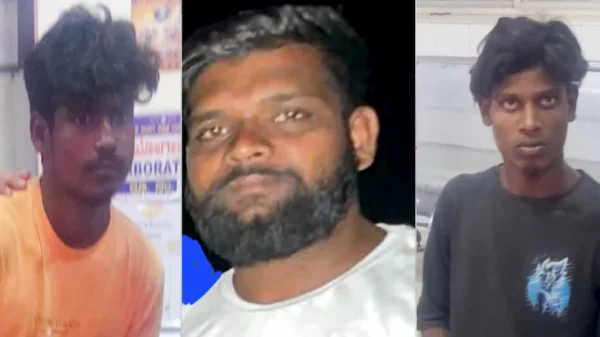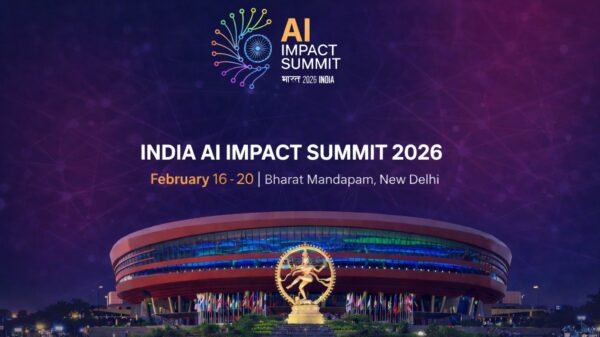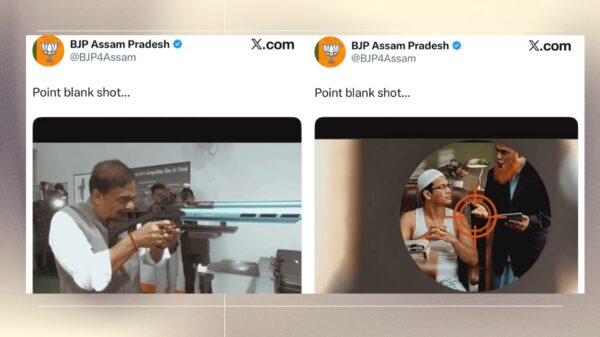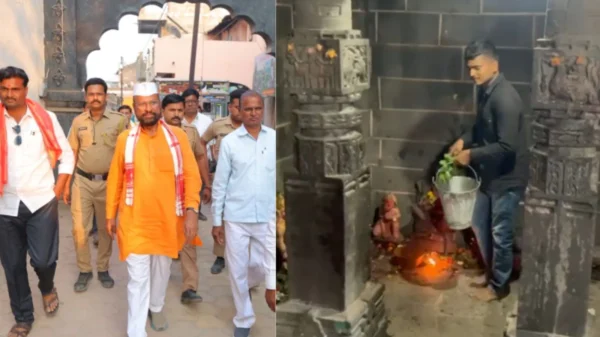Prime Minister Narendra Modi arrived in China on Saturday after more than seven years, beginning a two-day visit to attend the Shanghai Cooperation Organisation (SCO) summit in Tianjin on August 31 and September 1. His trip comes at a time when India’s ties with the United States have suffered a sudden setback after President Donald Trump imposed steep tariffs on Indian exports.
Before flying to China, Modi wrapped up a two-day visit to Japan, where he travelled to Sendai in Miyagi prefecture to tour a semiconductor plant. He urged Japanese governors and Indian state governments to strengthen cooperation in areas such as manufacturing, mobility, next-generation infrastructure, innovation, start-ups and small businesses.
The SCO summit is being seen as crucial for India-China relations, which have gradually improved after the Galwan clash in 2020 and the prolonged military standoff in Ladakh. Modi is scheduled to meet Chinese President Xi Jinping on Sunday. He told reporters that stable and predictable relations between India and China were vital not only for the two countries but also for regional peace and prosperity.
“At the invitation of President Xi Jinping, I will travel to Tianjin to take part in the SCO summit. Since my meeting with President Xi in Kazan last year, steady and positive progress has been made in our bilateral ties,” the Prime Minister said. He added, “Stable, predictable and amicable bilateral relations between India and China, the two largest nations on Earth, can have a positive impact on regional and global peace and prosperity. This is also crucial for a multi-polar Asia and world.”
India and China recently agreed to resume direct flights and facilitate visas at the earliest, following a visit to New Delhi by Chinese foreign minister Wang Yi earlier this month. Both countries also said they would set up an expert group to explore an early settlement of the long-standing boundary question.
On the sidelines of the SCO summit, Modi is also expected to hold bilateral talks with Russian President Vladimir Putin. The two leaders are likely to discuss the impact of Trump’s tariffs, the war in Ukraine and the crisis in Gaza.
Analysts say Trump’s move to impose 50 per cent tariffs on Indian goods, along with a 25 per cent penalty for buying Russian oil, has dealt a blow to India-US relations. Many believe New Delhi will now seek closer partnerships with both Moscow and Beijing, while maintaining its independent foreign policy focused on national interest.





























































